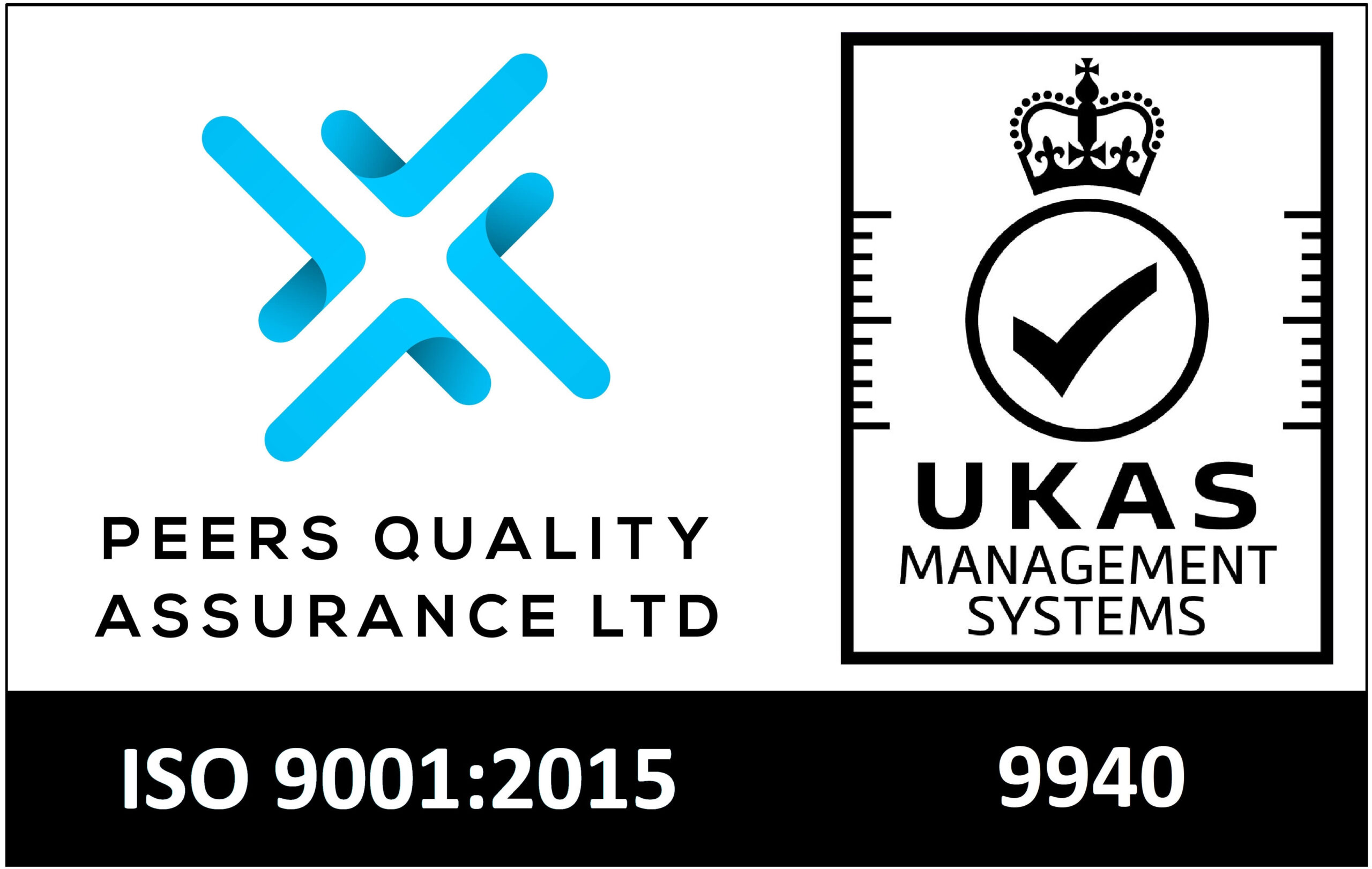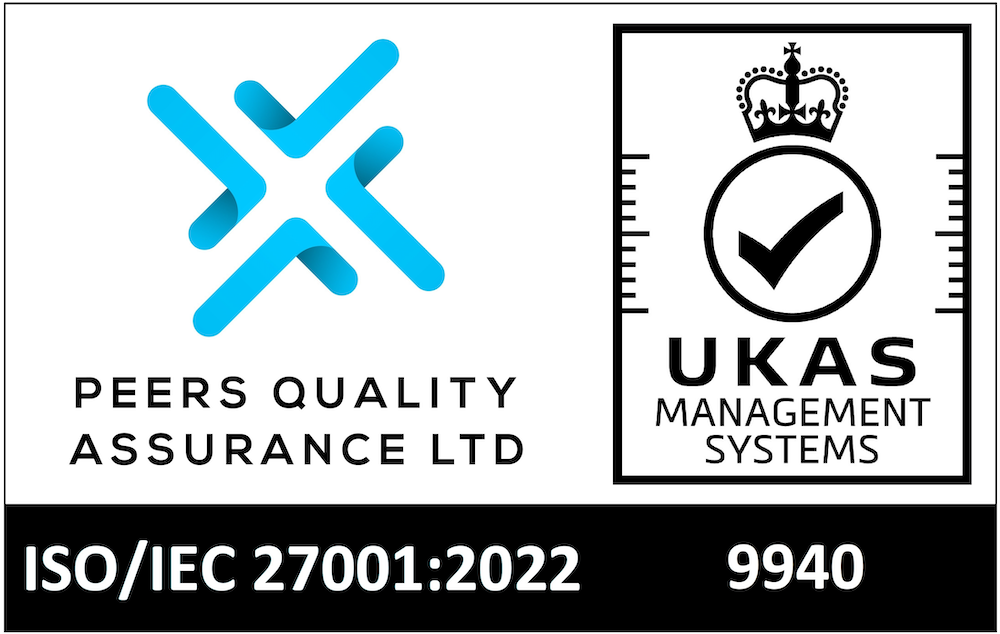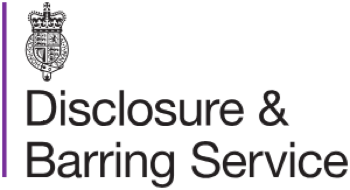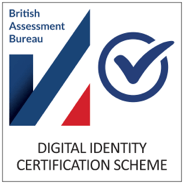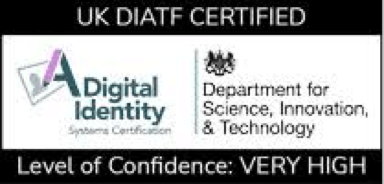Author: Joey Lyons
In the first part of our new series – Inside BS8406 we look at what event organisers need to do to comply with the rules around the provision of staff, security and stewarding for events.
Complying with BS8406 gives your customers confidence that you know what you are doing and sets you apart from your competitors so it makes sense to adopt the standard.
But quite apart from this, the standard includes a lot of advice on best practice and practical things you can do to improve your business.
So let’s dive in;
- What is BS8406:2020?
- What is included in the standard?
- BS8406 – the organisation
- More resources on BS8406:2020
- Need more help?
What is BS8406:2020?
BS8406:2020 is the latest British Standard that covers the provision of staff to events.
These can include (but isn’t limited to) festivals, football matches, concerts, theatres, cricket matches and rugby. In fact, any event where you are providing security, stewarding or other assistance.
The standard is very wide ranging and covers things like planning, site visits and customer documentation.
BS8406 is by no means a legal requirement but many customers will ask if you comply and it may form part of the bid process. Insurance companies may also ask and it could affect your premium positively if you are able to declare that you do indeed operate BS8406:2020.
Above all, event stewarding is a people business and that is why one of the largest sections in BS8406:2020 is all about people.
The standard quite rightly focuses on stewards and security but we’d argue that actually many of these items are just as valuable for non-operational staff as for people on the frontline.
What is included in the standard?
The standard is arranged in a series of chapters that cover;
- Your organisation
- Operational planning
- Staffing and resourcing
- Training
- Operational delivery
BS8406 also references other standards, in particular BS77858 covering security staff screening and BS10800 which looks at the strategic setting of the organisation and deals with how you operate your business, interact with your customers and manage risk.
BS8406 – the organisation
So what does BS8406:2020 say about the organisation?
To a large extend this chapter of the standard is less about what you do for the customer as an organisation but how you organise your business.
This is a classic approach in British Standards and you can find a similar method with other standards such as ISO27001 and ISO9001.
The standard has 6 main headings;
- Understanding the organisation and its context
- Understanding the needs and expectations of interested parties
- Determining the scope
- Top management commitment
- Objectives and planning
- Support
Understanding the organisation and its context
As part of the standard you need to have a documented statement that details what the company is and its purpose.
This may seem like a bit of admin overkill but actually how many times have you sat down and tried to commit on paper the mission and purpose of your business?
What people often find is that this is an incredibly useful exercise as it forces you to actually understand what you do and to commit this to paper so that everyone on your team is singing from the same hymn sheet.
Understanding the needs and expectations of interested parties
Who are the interested parties in your business?
For sure you’ll have yourself and the shareholders, directors, senior manager and staff but your stakeholder group goes much further than this.
You need especially to think about the needs of your customers and prospective customers. Your marketing people will tell you how valuable this is.
At the same time it is important think about your suppliers, your insurance company and any regulatory body such as the SIA and of course HMRC.
Documenting their needs, expectations and interests helps because by writing these down you start to see patterns and even more important, where stakeholders interests are in conflict.
Determining the scope
How often have you had the discussion with your customers where they have complained that you haven’t done something and you have said that it isn’t part of your role?
This part of the standard is designed to stop that from happening.
By documenting the scope of each assignment you ensure that your customer has a clear sight of where your responsibility begins and ends.
Top management commitment
You have to be able to evidence that the top management in the company is committed to complying with BS8406.
This can be shown by evidencing training that you have done, ways you have changed your behaviour to ensure compliance and by having documented management meetings to discuss the standard and its impacts.
You need to show that you have considered;
- clear aims and objectives for service provision
- achievable targets
- identification of resources
- suitable infrastructure
- monitoring and management of service delivery
- the promotion of continuous improvement
- policies that are relevant and suitable for the business
- organisational roles and responsibilities clearly set out
Objectives and planning
BS8406 requires that companies have a suitable planning system in place and a set of organisational objectives.
The first place to start here it to have a set of objectives for your business.
Try to make them SMART objectives; Specific, Measurable, Achievable, Relevant to your organisation and Time-bound
- consistent with customer requirements
- monitored
- communicated
- updated when required
Remember though that it is not enough to just know that these are your objectives, you need to commit them to paper (or at least a Word document).
Support
To comply with the support aspect of the standard, companies need to show that they are providing materiel and management support to allow their people to do the best job possible.
Support is all about giving your people the best chance of achieving your objectives and includes;
- people – You have to ensure that you have the right people in the right place with the right skills
- finance – have you got sufficient working capital to run the business until you get paid?
- insurance – no stewarding should even be thought about until you have the right insurance in place
- premises – do you have appropriate premises to run your business?
- control room – especially important on site when you have 100s of stewards all over the place
- equipment and uniforms – your people have to be properly equipped (radios, first aid kits etc) and they have to be easily identifiable
- vehicles – can you get your people to where they need to be? Minivans for travel to site, golf buggies on site
Need more help?
We are experts in providing BS7858:2019 checks for the security industry and this is the check you need for BS8406:2020.
If you’d like more information then fill in the form at the top of the page or contact us and we’ll be happy to help.

